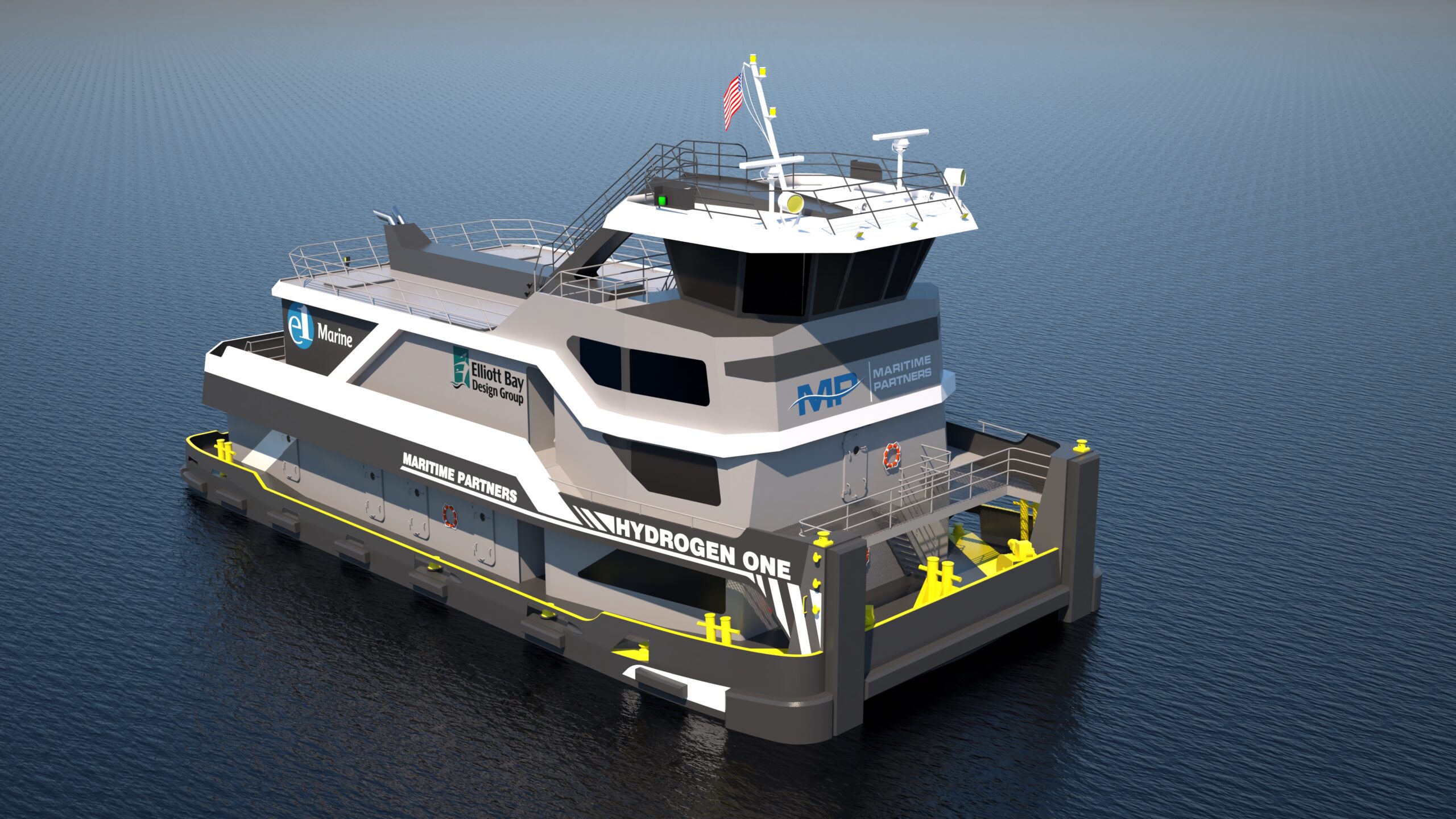Photo: Kawasaki Kisen Kaisha
By Chris Cooper and Kiyotaka Matsuda (Bloomberg) — The most-shorted stock on Japan’s Nikkei 225 Stock Average, a shipping line, is facing rough seas again.
As Kawasaki Kisen Kaisha Ltd.’s annual shareholder meeting approaches on June 23, attention is focusing on whether its president and chief executive officer, Eizo Murakami, will win reelection. That’s partly because the company’s largest shareholder, Effissimo Capital Management Pte, has increased its stake since voting against Murakami’s reappointment last year.
Japan’s third-largest shipping line encountered investor discontent in 2016 after swinging to an annual loss amid turbulent times in its industry. While Murakami won a second year in the role, just 57 percent of shareholders favored him, versus 86 percent the year before. Competitors saw similar voting patterns: support for Junichiro Ikeda, president of Mitsui O.S.K. Lines Ltd., tumbled to 77 percent from 98 percent.
“Kawasaki Kisen is under increasing pressure,” said Minoru Matsuno, president of Tokyo-based investment adviser Value Search Asset Management Co. “It has to come up with a plan to increase supporting votes and get its main shareholder to vote in its favor.”
Effissimo held 38.4 percent of Kawasaki Kisen’s voting rights as of the March record date of this year’s meeting, up from 29.7 percent a year earlier. The fund declined to comment on how it will vote this year, pointing instead to its guidelines for exercising voting rights. Kawasaki Kisen declined to comment on individual shareholders or make Murakami available to comment.
Shipping Downturn
Shares of the shipping line fell as much as 0.7 percent in Tokyo trading on Thursday, as the Nikkei 225 rose as much as 1.1 percent. The company’s shares have gained almost 70 percent since hitting a three-year low in February last year.
Kawasaki Kisen has been hurt by a downturn in the shipping industry that has spurred mergers and bankruptcies globally. The company posted the biggest net loss in its 98-year history last fiscal year as it took writedowns on its vessels and lost money in container shipping.
K-Line, as the firm is also known, will combine its container shipping operations, which account for about half of sales, into a joint venture with domestic rivals Nippon Yusen K.K. and Mitsui O.S.K. Lines, in a bid to cut costs. The company, named Ocean Network Express, is set to start operations next year, while Kawasaki Kisen will continue to run its other shipping services such as dry bulk, car carrier and tanker businesses.
K-Line is forecasting net income of 21 billion yen ($189 million) for the fiscal year started April, following two straight annual losses.
Still, of 12 analysts covering the company, none recommends buying the stock. And short interest as a percentage of the free float stood at 22 percent as of May 29, the highest level among Nikkei 225 companies, according to IHS Markit data.
Effissimo Guidelines
Effissimo in principle doesn’t vote for the reelection of directors at companies where return on equity, a measure of how profitably a company uses shareholders’ funds, was less than 8 percent last fiscal year and is forecast to be below that level for the current 12 months as well, according to the fund’s guidelines. Kawasaki Kisen’s ROE was minus 48.5 percent last fiscal year. It will probably be minus 5.1 percent this business year, according to the average of nine analyst estimates compiled by Bloomberg.
Still, there may be a way for Kawasaki Kisen to win Effissimo’s vote. Effissimo, which has taken stakes of more than 10 percent in more than half a dozen Japanese firms and is the largest shareholder in Toshiba Corp., makes an exception if the company discloses a plan to achieve ROE of at least 8 percent over the medium to long term and “provides a reasonable explanation” of this plan.
Kawasaki Kisen is targeting double-digit ROE by the mid-2020s, the company said in its medium-term plan released in April. It aims to enhance its business management to achieve a more stable profit base and target growth areas, it said.
Institutional Shareholder Services Inc. advised clients against reelecting Murakami and Chairman Jiro Asakura last year as it said top management is responsible for the company’s unfavorable ROE. The proxy adviser also called on them to vote against Mitsui O.S.K.’s Ikeda.
ISS recommends voting against Japan companies whose average ROE over the past five years is less than 5 percent, though it can make an exception if the most recent full-year figure is more than 5 percent. ISS hasn’t made its voting recommendations for K-Line’s shareholder meeting public yet, said Takeyuki Ishida, head of Japan research.
Shareholders have forced out directors before in Japan. In 2008, Warren Lichtenstein’s Steel Partners ousted the management of wig maker Aderans Holdings Co., as the company was then known. The fund failed in a similar attempt two years later, when it lost a shareholder vote to remove directors from brewer Sapporo Holdings Ltd.
© 2017 Bloomberg L.P

 Join The Club
Join The Club










